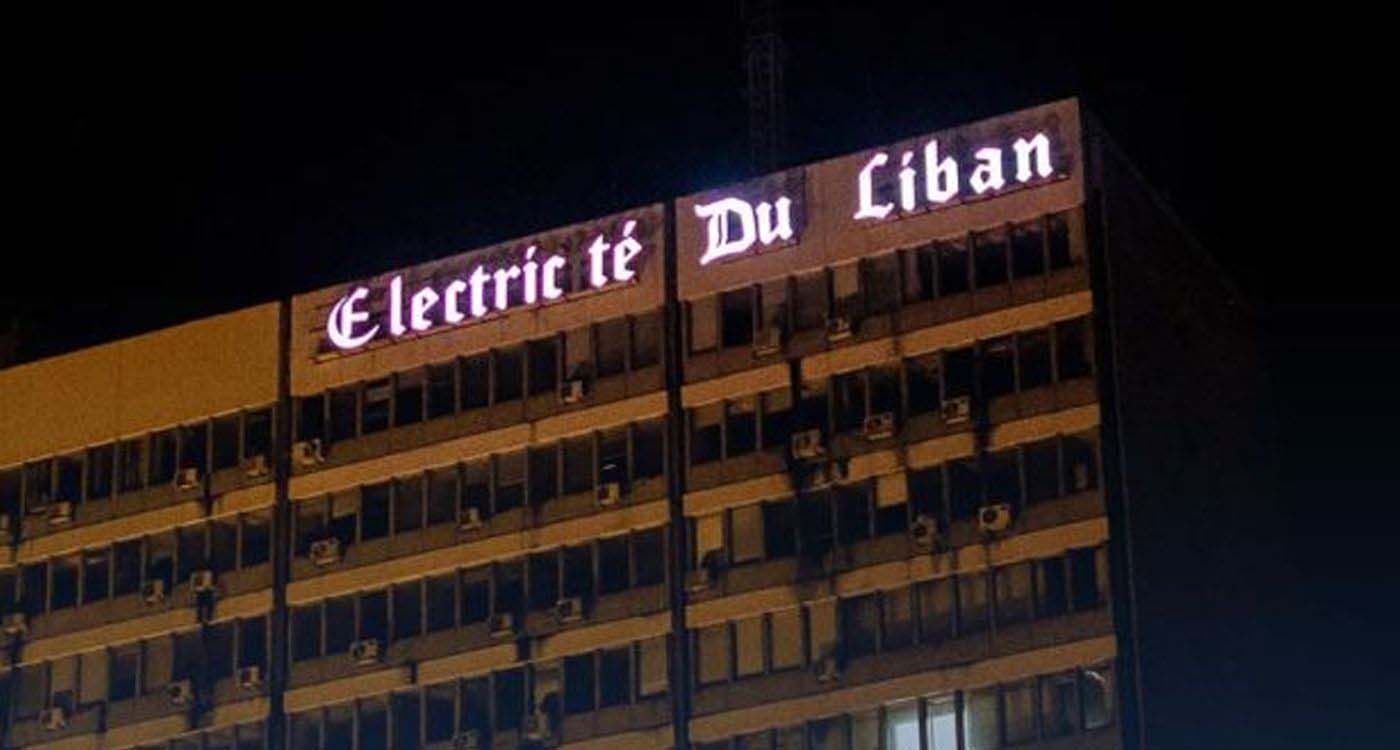
One month after Nawaf Salam’s government took office, Lebanese citizens are facing a surprising drop in public electricity supply. In Beirut and surrounding areas, daily power from Électricité du Liban (EDL) has fallen sharply—from nine hours to just six.
This sudden decline has reignited frustration among a population already exhausted by years of energy rationing. In a country where many still hope to pay a single, unified electricity bill—as is common elsewhere—households continue to juggle between EDL’s limited supply and private generators, which have effectively become the main power brokers in Lebanon’s energy landscape.
This growing reliance on neighborhood generator owners—on whom families depend heavily—is being exploited as they adjust—and often hike—their fees, regardless of Brent crude prices, to which these charges are supposedly tied. Fluctuations in oil prices serve only as a pretext for overcharging in a sector marked by limited transparency and a complete lack of serious regulation to protect consumers.
Limited Production, Long-Term Vision
Energy and Water Minister Joe Saddi has made his position clear: patchwork fixes and short-term stopgaps are off the table. Instead, he is calling for deep, structural reform—long-overdue measures to steer the energy sector back on course and lay the groundwork for a meaningful, long-term recovery.
Such a position is both clear and necessary—but only if it doesn’t come at the expense of urgent needs. Failing to respond to the immediate crisis risks undermining the daily survival of millions of households. Long-term vision is essential, but without short-term relief, the strain on Lebanon’s energy system—and its people—will only intensify.
The numbers speak for themselves: current production capacity is capped at 1,200 megawatts, while actual demand exceeds 3,800 megawatts. In other words, even with sufficient funding to import the necessary fuel, electricity supply would still be limited to just eight to ten hours a day. The situation is further strained by massive losses—10% technical and 30% non-technical, mostly due to theft and illegal connections—while the bill collection rate remains stuck at around 60%.
Given the current imbalance, areas that pay their electricity bills on time should, logically, receive more reliable service than those that fail to meet their obligations—a basic rule of fair treatment.
For now, Saddi appears to have prioritized the National Sustainable Recovery Plan, pushing the National Emergency Plan to the sidelines. Yet a more strategic balance between the two—addressing urgent needs while advancing long-term reform—would likely benefit the many citizens who, despite the dysfunction, continue to meet their obligations.
A Dual-Speed Dynamic in Lebanon’s Energy Crisis
Meanwhile, Syria has signed a protocol agreement to construct five power plants with a total capacity of 5,000 megawatts—representing over 60% of the country’s installed capacity in 2010, estimated at around 8,500 megawatts. The project is backed by foreign investments valued at approximately $7 billion.
This initiative marks a significant socio-economic milestone and carries considerable political weight, as Qatari, American, and Turkish firms will collaborate on the venture.
This investment project is being carried out by a consortium of four companies, led by Urbacon Holding through its subsidiary UCC Concessions Investments, a Qatari firm specializing in energy and construction concessions.
The consortium also includes:
*Power International USA, LLC, an American company focused on strategic investments in the energy sector;
*Kalyon GES Enerji Yatirimlari, a Turkish firm involved in investing in and developing renewable energy projects;
*Cengiz Enerji San. ve Tic., a Turkish company specializing in developing and operating energy projects.




Comments